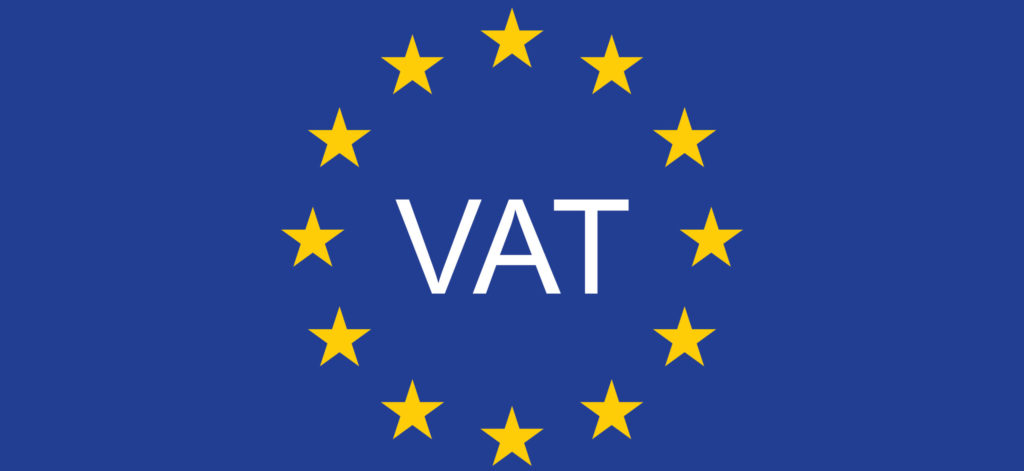
Changes to VAT on International Services
Although there are no fundamental changes to the way VAT is accounted for on international services from 1st January 2021, there are a number of detailed changes arising from Brexit which will affect some businesses.
Place of Supply
The place of supply rules remain unchanged, the general rules being that:
- Supplies of services to other businesses (B2B) are deemed to take place where the customer belongs.
- Supplies of services to non-business customers (B2C) are deemed to take place where the supplier belongs.
However, there is no longer any requirement to distinguish between sales of services to EU countries and non-EU countries. As a result, in relation to B2B sales, there is no longer a requirement to record the customer’s VAT reference on a sales invoice or to submit an EC sales list.
Business customers in the EU will continue to apply the reverse change mechanism, as before, and equally, UK businesses which import services will continue to apply the reverse change mechanism on their VAT returns.
Electronically supplied services
In relation to B2C sales, the provision of electronically supplied services does not follow the general rule and, as a result, there is a significant implication following Brexit. The existing rule is that the place of supply for B2C electronically supplied services is where the customer belongs. As the reverse charge mechanism cannot apply to non-business customers this would have potentially required UK suppliers to register in every EU country where it had customers. However, prior to Brexit, UK suppliers were able to register in the UK under the Mini-One-Stop-Shop (MOSS) scheme and account for VAT on all EU sales through this process.
Following Brexit, the MOSS scheme comes to an end in the UK and UK suppliers have a choice of either:
- registering in every EU country in which they do business, or
- registering for a MOSS scheme is one EU country (for example the Republic of Ireland)
In addition, under the existing rules, there was a de-minimis of £8,818 pa below which suppliers could account for sales as if they were UK sales. This de-minimis no longer applies.
This represents a significant change for suppliers of electronically supplied services which includes the provision of e-books, films, games, apps, software, and distance learning.
The final UK MOSS return will be to 31 December 2020 which must be submitted by 20 January 2021.
Professional, technical and intangible supplied services
Prior to Brexit, B2C services which fell into this category followed the normal place of supply rules for sales in the EU but, for international sales outside the EU, the place of supply was deemed to be where the customer resided. Therefore, sales to EU non-business customers were subject to UK VAT whereas sales to overseas non-EU non-business customers were outside the scope of VAT. These services include advertising, consultancy, engineering, legal, accountancy and data processing services, financial services, supply of staff and letting of goods.
Following Brexit, all international sales of these services, whether to the EU or non-EU countries, will be outside the scope of VAT. Therefore, sales of these services to EU customers which were previously subject to UK VAT will now be outside the scope of VAT.
Also, in relation to the supply of financial services to EU countries, as the supply is now considered to be a zero-rated export rather than an exempt supply to an EU country, input tax related to the supply is now recoverable.
The overall position is likely to change in July 2021 as the EU is planning to amend the place of supply rule whereby sales of these and other services will be subject to VAT in the EU country where the customer resides, in a similar way to electronically supplied services. If this change is implemented, the options available to UK suppliers will be the same as for electronically supplied services as set out above.
Changes to Goods Purchased from Overseas
Purchases of goods from EU member states will now be classified as imports. This means that VAT on acquisitions will no longer be declared in Box 2 of the VAT return. Instead, ‘Postponed Accounting’ has been introduced which applies to imports received from all over the world (with some exceptions such as low-value consignments). The benefit of this is to remove any cashflow disadvantage posed by paying import VAT upfront and waiting to reclaim it in a later VAT return. Under the new system, import VAT is deferred and declared to HMRC in Box 1 of the VAT return in the same period of the import. VAT is then reclaimed on the same return via Box 4, subject to the normal rules for reclaiming input tax.
Low-value consignments, where the VAT exclusive value is less than £135, will not be subject to import VAT. Instead, UK VAT will be due on the supply at the point of sale. If the goods are sold via an online marketplace (OMP), the OMP will be responsible for charging VAT to the customer. If the goods are not sold via an OMP, the overseas seller will be required to register and charge VAT in the UK. An exception to this rule is where the customer is VAT registered, whereby the customer can declare the VAT due on the seller’s behalf using the reverse charge method.
Changes to Goods Sold to Overseas Customers
Goods sold to business customers in EU member states will be treated as exports, and are zero-rated subject to certain conditions being met. Sales of goods to non-business persons in the EU, or ‘distance sales’, will also be treated as exports. The EU distance-selling regime and thresholds will no longer apply to UK suppliers.
Customs Changes
New border controls on imports from the EU will be introduced in stages. The key dates for this are:
- 1st January 2021 – Declarations required when importing and exporting ‘controlled’ goods. This includes alcohol and tobacco. Additional declarations are also required for high risk animal and plant products, including live animals.
- 1st April 2021 – Declarations required for imports of any products of animal or plant origin.
- 1st July 2021 – Declarations required for non-controlled goods imported within the last six months. Note that detailed records of non-controlled goods imported between 1st January and 30th June 2021 must be kept to submit the declaration.
There will also be new rates of customs duty for imports from 1st January 2021, called the UK Global Tariff. Details of the tariffs that will apply to different categories of imported goods can be found here.
We appreciate that the changes will impact businesses in different ways. For more information and support for your business throiugh the transitional process, please contact a member of our VAT team who will be happy to assist you.
Get in touch or request a call back:
Call 0330 223 6400 or complete the form to make an enquiry or request a call back (* indicates a mandatory field).



